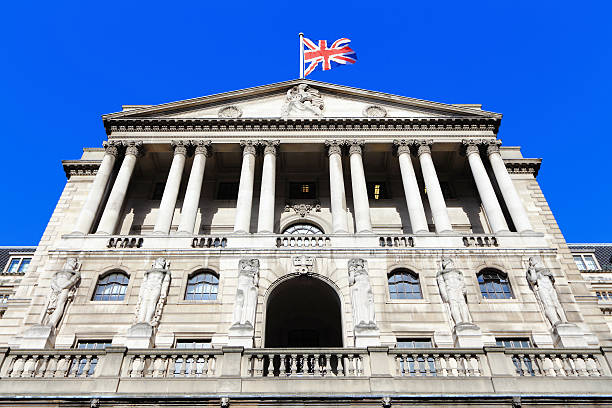
The recent surge in core inflation has sparked concerns in the UK. In April, core inflation unexpectedly reached its highest level since March 1992, standing at an alarming 6.8%.
Despite signs of a cooling labor market, wage growth remains strong, with UK unit labor costs growing at approximately 7.5% year-on-year—well above the 3% threshold necessary for a 2% inflation target in the long run. As a result, the revised UK inflation forecast predicts core inflation to exceed 5% by the end of this year, maintaining a level of around 3% by the close of 2024.
Considering the urgency of the situation, it becomes imperative to take appropriate action. The Bank of England’s data-dependent approach necessitates our expectation of two additional 25 basis point rate hikes in August and September, alongside the previously anticipated hike in June.
By September, these moves would bring the Bank Rate to 5.25%. However, it is noteworthy that this rate remains lower than the market’s projected peak, which factored in over 100 basis points of tightening following the analysis of April’s inflation data, scheduled for November.
In light of the persistently high core inflation, one may question whether these rate hikes will be sufficient. Even with the policy rate potentially reaching 5.25% by September, the real-terms policy rate may still not be adequately restrictive. The risk of a wage-price spiral looms, reinforcing the possibility of the need for further rate increases later this year.

It is crucial, however, to approach this situation with caution, considering the potential implications of April’s inflation surprise. While it served as a significant data point, other factors warrant careful consideration. Notably, two members of the Monetary Policy Committee advocate maintaining the current policy, and the Committee remains unperturbed by market expectations of rate cuts in the coming year.
Understanding that monetary policy operates with “long and variable” lags and acknowledging the intense pressure on household incomes, a balanced approach becomes essential. Furthermore, as evidence mounts regarding the cooling labor market and the potential impact of tighter credit conditions on economic activity, the risk of over-tightening must be acknowledged. The higher the rates rise, the greater the probability of rate cuts next year.
In light of these circumstances, it becomes increasingly evident that the Bank of England must respond promptly. Governor Andrew Bailey’s recent acknowledgment of the need to learn from past experiences reinforces the importance of taking necessary measures to address the current state of core inflation.
For information relating to your individual circumstances, get in touch today!
Latest Articles
EU Implements New Digital Measures for VAT Compliance. Growing Pains Ahead?International Trade Week Presents New Opportunities and Training for BusinessesBudget 2024 Summary: Key Tax Changes and Challenges for Businesses and IndividualsK2 Accountancy Group: Driving Business Growth in Nottingham and NottinghamshireK2 Accountancy Group: Helping Businesses Thrive in Ilkeston and Derbyshire
